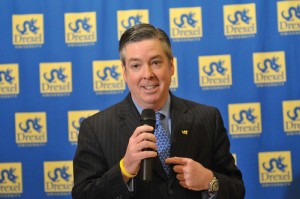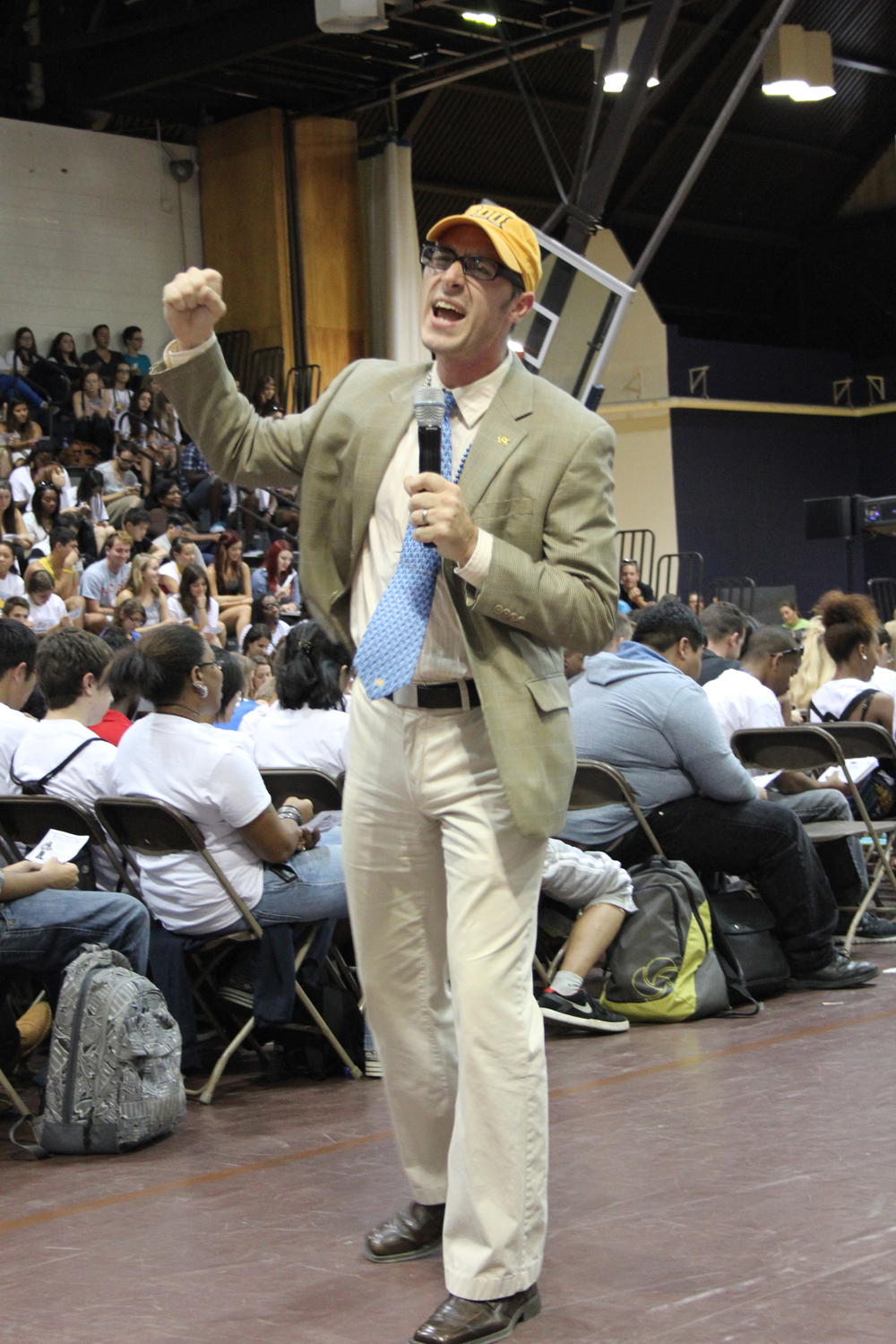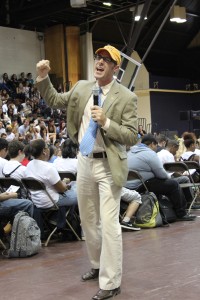The following are crimes that occurred on or near campus and were reported to The Triangle by the Drexel University Department of Public Safety between March 28, 2014, and April 8, 2014. All information included in this report is taken from law enforcement or DPS incident reports.
ASSAULT (1)
April 4, 12:13 a.m. 3200 Block of Race Street
A Drexel student was arrested April 4 at 12:13 a.m. by Drexel Police after the student assaulted his roommate. Minor injuries were sustained..
BURGLARY (2)
April 1, 12:15 p.m. 3200 Block of Winter Street
A Drexel student reported that April 1 between 12:15 p.m. and 7 p.m., unknown person(s) entered his residence by forcing the front door and took cash from a drawer.
April 4, 2:05 p.m. 3600 Block of Powelton Avenue
A Drexel student reported that April 4 at 2:05 p.m., an unknown male entered his residence by forcing the front door. The male fled the residence without taking anything when confronted by the complainant.
ROBBERY (1)
April 8, 6:45 p.m. 3600 Block of Powelton Avenue
A Drexel student reported that April 8 at 6:45 p.m., he was robbed at gunpoint by an unknown male who took his cash and his iPhone. No injuries were sustained.
THEFT (6)
Mar. 22 3300 Block of Arch Street
A Drexel student reported that between Mar. 22 and Mar. 28, unknown person(s) took his bicycle that was secured to a bicycle rack with a U lock.
Mar. 28, 3 p.m. 200 North 15th Street
A Drexel student reported that Mar. 28, between 3 p.m. and 6:55 p.m., unknown person(s) took his backpack and laptop computer that were left unattended in a common area.
April 2, 7 p.m. 3200 Block of Arch Street
A Drexel student reported that April 2 between 7 p.m. and 7:30 p.m., unknown person(s) took his iPhone that was left unattended in his bag.
April 3, 12 p.m. 3400 Block of Filbert Street
A Drexel student reported that April 3 between 12 p.m. and 3 p.m., unknown person(s) took his bicycle that was secured to a bicycle rack with a cable lock.
April 3, 3300 Block of Chestnut Street
A Drexel student reported that between April 3 and April 4, unknown person(s) entered his unlocked vehicle and took a laptop computer and CDs that were left in view.
April 5, 3300 Block of Arch Street
A Drexel student reported that between April 5 and April 6, unknown person(s) took his gaming system and games that were left unattended in a common area.
VANDALISM (2)
April 2, 3400 Block of Powelton Avenue
A Drexel student reported that between April 2 and April 3, graffiti was written on her vehicle by unknown person(s).
April 3, 9:20 p.m. 3300 Block of Race Street
A Drexel student reported that April 3, between 9:20 p.m. and 10:15 p.m., unknown person(s) damaged his bicycle that was secured to a bicycle rack.
During the period covered in this report, there were three (3) Policy Violations for Alcohol and one (1) Policy Violation for Drugs. The reports were sent to the Office of Student Conduct for review.
The post Crime and Policy Violation Report March 28 – April 8. appeared first on The Triangle.










